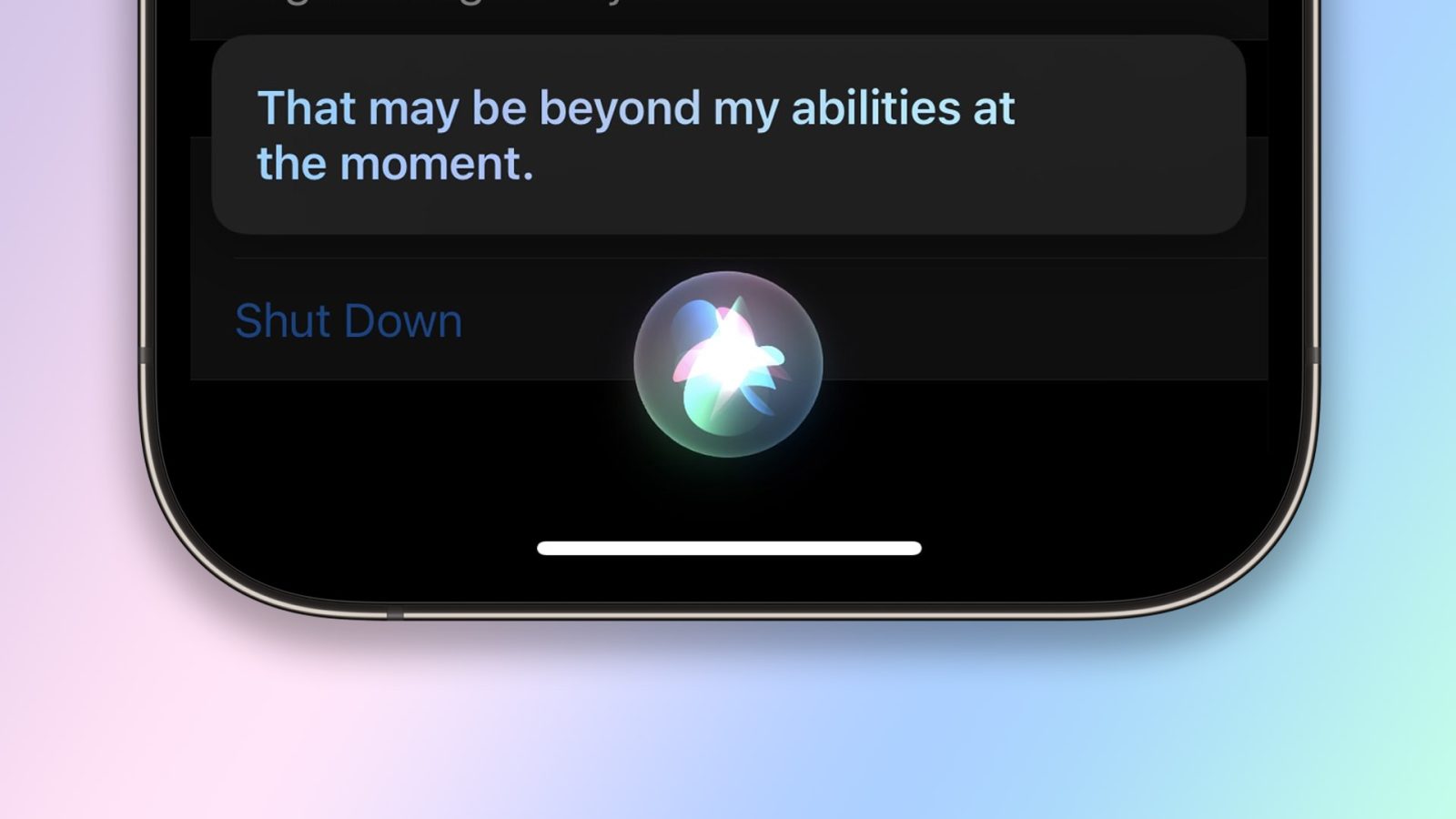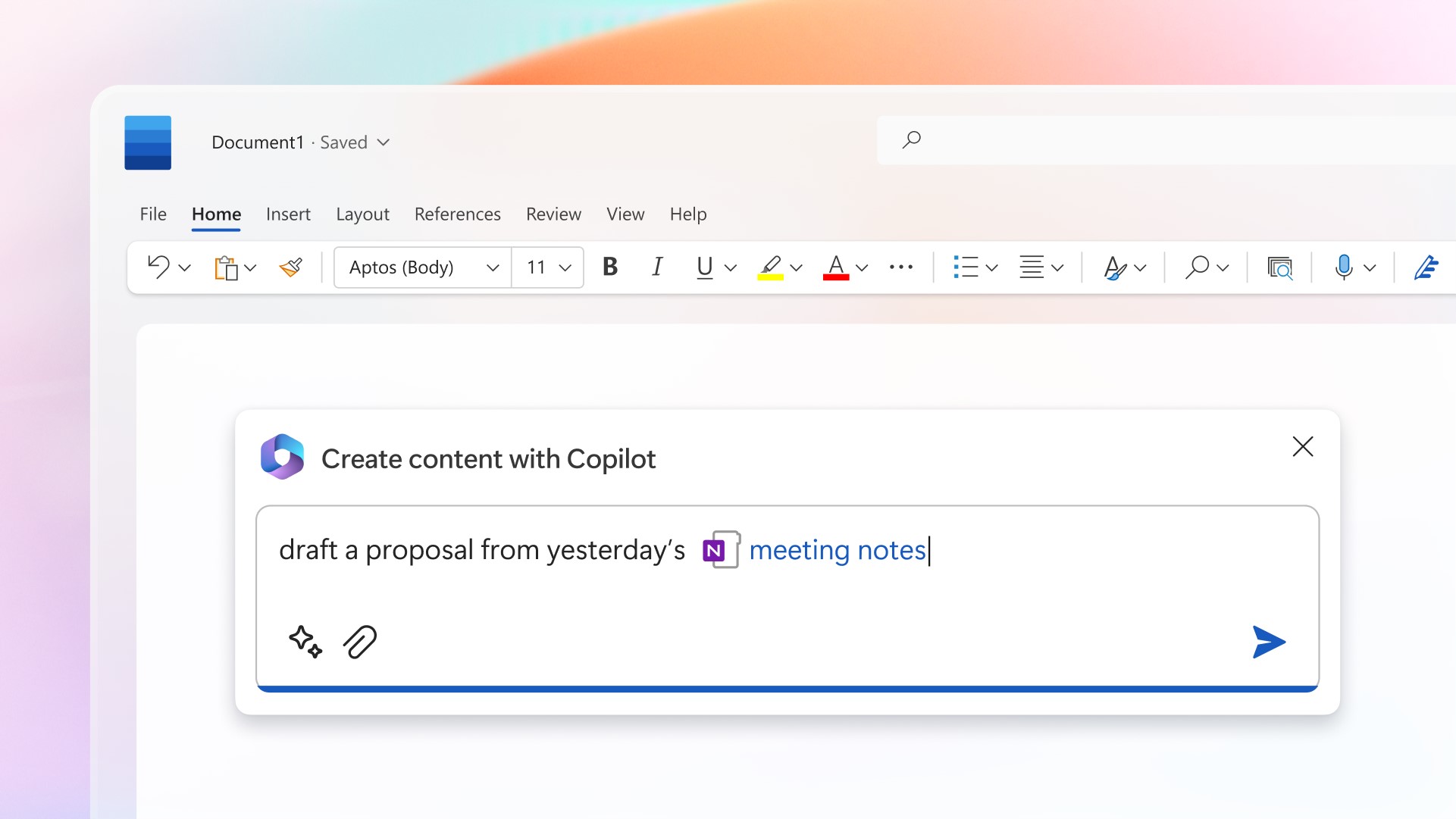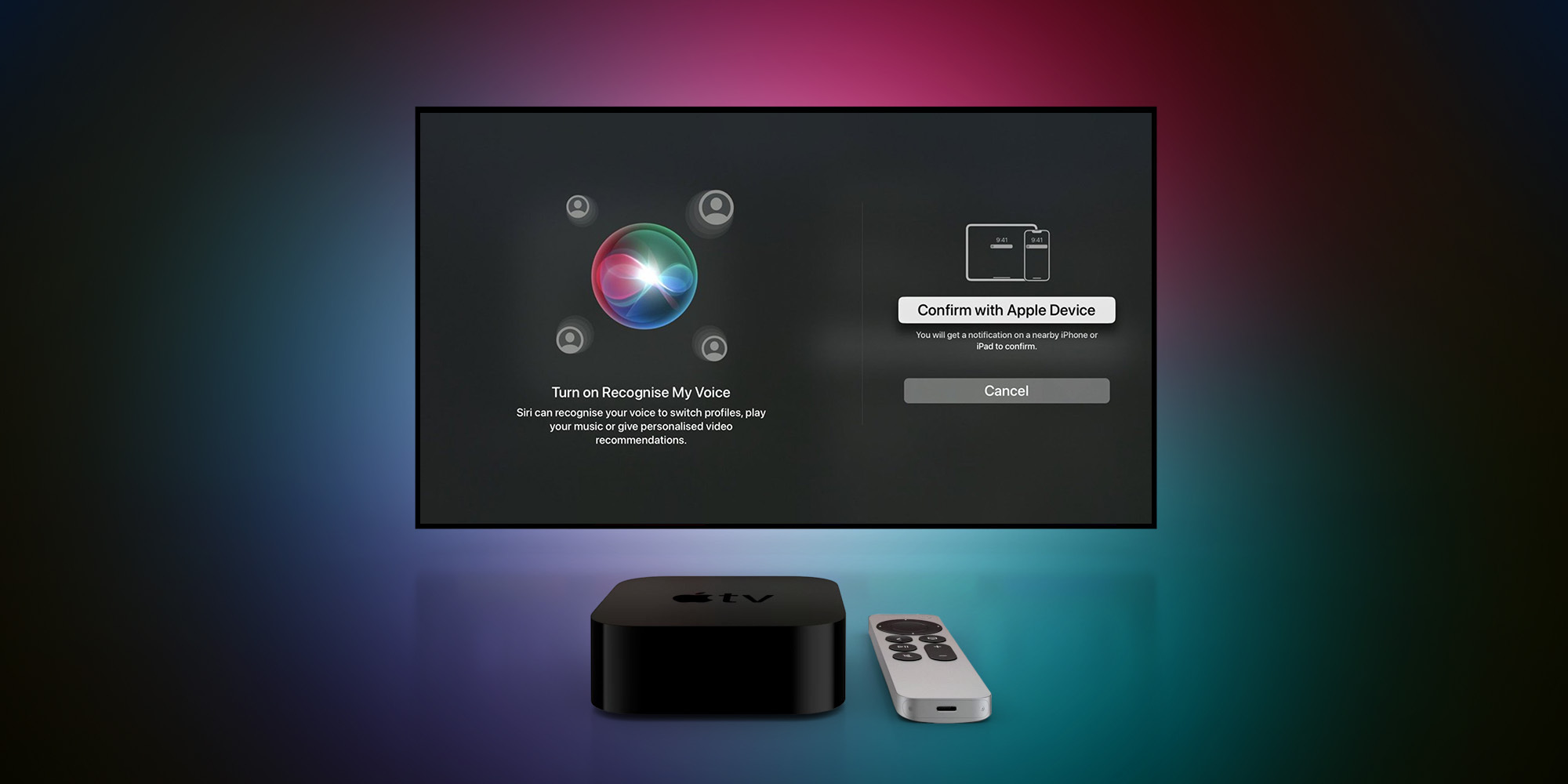
Artificial intelligence has been with us for years, even in the little things like identifying the faces in a picture to the recommendations we see in our favorite apps. But more recently, we’ve seen new types of AI capable of doing things unimaginable years ago. These new AIs are changing how people interact with technology. But at the same time, Apple is clearly falling behind its competitors.
Apple started a trend with Siri, but it quickly became outdated
It’s impossible to talk about AI and not think about Siri. Apple’s virtual assistant was officially introduced in 2011 after the company acquired Siri’s technology from a startup in 2010. The technology was capable of understanding a range of commands to help users with web searches. Apple of course had ambitious plans for Siri, and so added it as a feature of the iPhone 4S back then.
For that time, Siri’s capabilities were quite impressive, although limited. Siri could show you the weather, set a timer, search the web, call someone, play a song, or create a reminder. All based on voice commands. Apple always said that this was just the beginning. But it turns out that Siri never reached its full potential.
Years have passed and very little has been added to Siri. It has gained a few new tricks, support for new languages, and even new interfaces over the years. But never anything revolutionary about how it works. But of course, everyone became interested in voice assistants, and quickly Apple’s competitors announced their own versions of Siri.
Google launched its own Assistant, Microsoft came up with Cortana, and Amazon with Alexa. But while these companies have worked hard to make their assistants smarter over the years, Siri has remained basically the same as in 2011.
A new era for virtual assistants
Almost 12 years after Siri was announced, AI has become more advanced than ever. This year, tools like ChatGPT have been showing how virtual assistants can think and even create new content rather than simply providing short answers to obvious commands.
Earlier this week, a developer showed how the GPT-4 technology is even capable of creating iPhone apps using Apple’s SwiftUI language. Another great example is Brave Search’s new Summarizer feature, which uses AI to generate a brief summary based on multiple sources about what the user is based on.

Most recently, Microsoft announced that it’s bringing GPT-4 to its Office productivity suite with a new “Copilot” feature. With this feature, users will be able to do things like open PowerPoint and ask the app to create a full presentation just as described by the user command. And while these companies are already shipping products with a new generation of virtual assistants, Apple remains stuck with Siri.
What happened to Siri?
Apple always used to promise in its presentations that Siri would get better and smarter. But this never happened in practice. According to multiple reports, the team behind Siri is simply not able to improve the assistant because of the way it was first built.
When Siri was released with iPhone 4S, Apple basically implemented the code it had acquired from the startup. The idea was to ship the product and then work on a new version for the future. But over the years, the company was simply adding minor updates to the original Siri code instead of actually working on a new version of it.
The result is that the Siri code is now a mess, and what many sources say is that no one at Apple really wants to be the one to change it. Based on what 9to5Mac knows about the code underneath Siri, most of the assistant’s answers are pre-defined and not really AI-based.

The New York Times reported on Wednesday that Apple engineers are testing “language-generating concepts” for Siri. 9to5Mac found references to corroborate this report in the latest beta of tvOS 16.4, the software that runs both Apple TV and Apple’s smart speaker HomePod.
Still, everything is very experimental at this point and it’s unclear when we’ll see this new AI-based Siri in real life.
It may be too late for Siri
Apple is known for not being the first to release a feature. But in this case, the company is far behind its competitors. Siri is currently a joke, and there are a lot of users out there complaining about how the assistant is not even able to understand basic commands.
Apple seems to have already lost the battle of virtual assistants. While it tries to make Siri better, or less worse, its competitors are already launching new assistants that can create natural language text, images, and even build new software. It’s time for Apple to stop trying to simply improve Siri and work on something new. Because it’s already too late for Siri.
Add 9to5Mac to your Google News feed.
FTC: We use income earning auto affiliate links. More.







